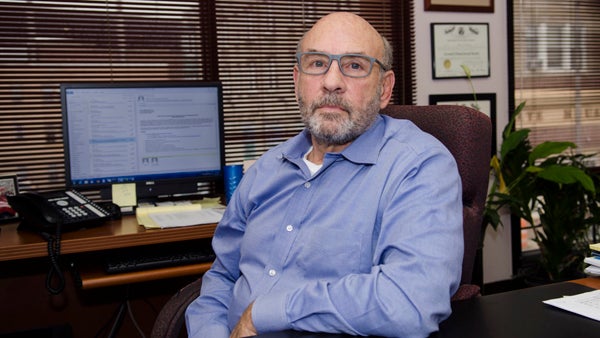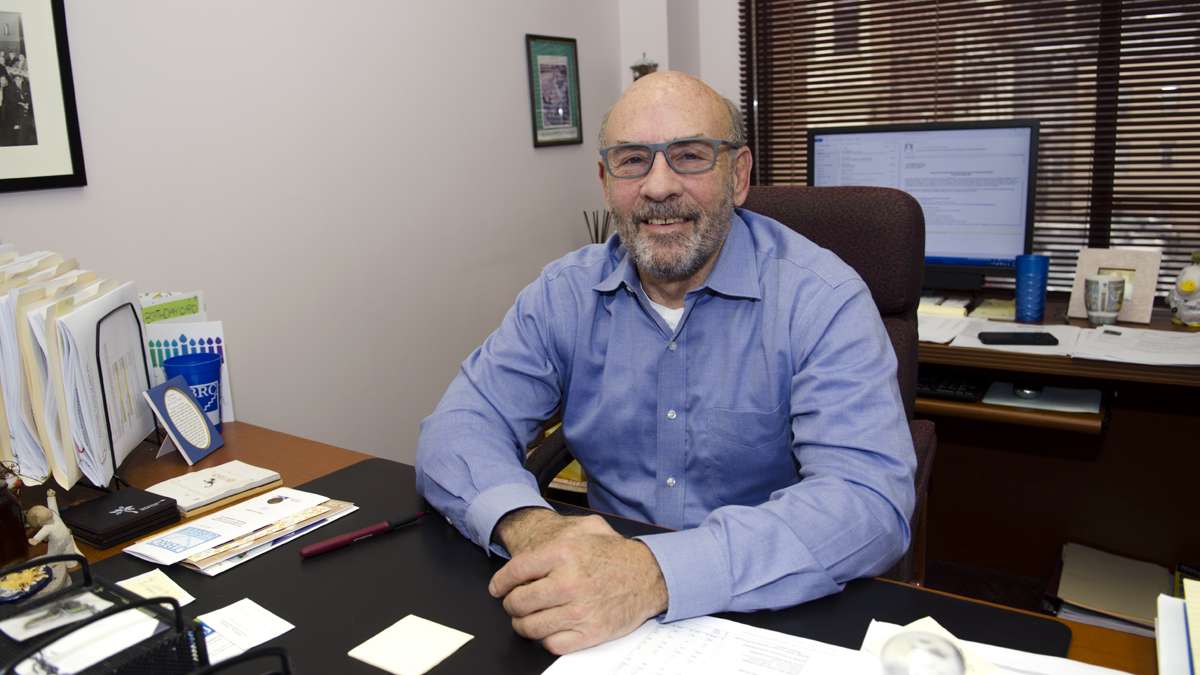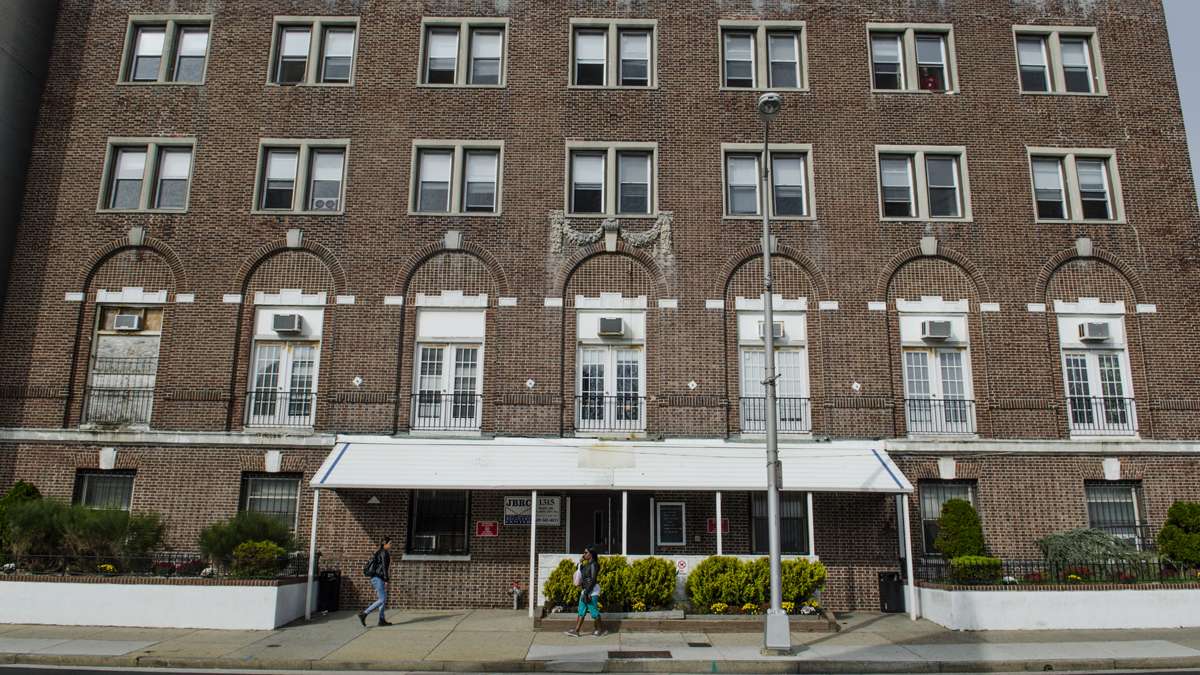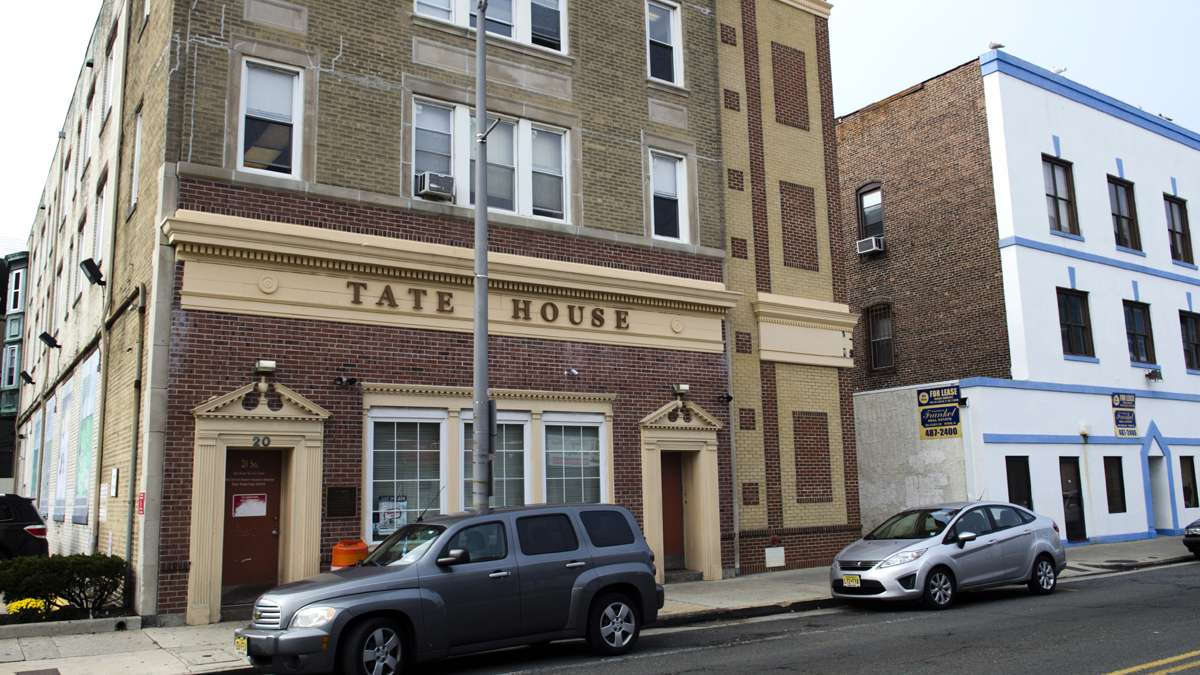South Jersey addiction recovery center to close over lack of funding
ListenThe call for more drug-treatment options in New Jersey has been getting louder as a growing number of officials and residents decry what they see as an opioid and heroin epidemic in the state.
But a tangled web of funding mishaps may cause one of the few providers of long-term, inpatient drug treatment care to shut its doors for good.
The John Brooks Recovery Center in Atlantic City announced this week it would close its long-term residential addiction recovery in the spring unless it can find money to build a new facility. It plans to continue providing outpatient services.
“We just got caught on the short end of the stick,” said Alan Oberman, CEO of the center.
“I think the whole thing is really sad. We told the clients that we’ll be closed. I’ve had family members calling me about this, you know. ‘What do they mean? How could they do this?'”
Earlier this year, the center struck a deal with the Casino Reinvestment Development Authority to move the nonprofit out of the two buildings it occupies in Atlantic City’s tourism district.
Initially, the CRDA was offering to fund the costs for the move as well as build and outfit new short-term and long-term recovery centers, but the closure of four Atlantic City casinos in 2014 led the CRDA to walk back part of the deal. It would still pay for two outpatient facilities in Pleasantville and another part of Atlantic City, but the center would have to secure funding for the inpatient center.
 Alan Oberman, executive director of the John Brooks Recovery Center, sits in his office on Tennessee Avenue in Atlantic City, New Jersey. (Anthony Smedile/for NewsWorks)
Alan Oberman, executive director of the John Brooks Recovery Center, sits in his office on Tennessee Avenue in Atlantic City, New Jersey. (Anthony Smedile/for NewsWorks)
Oberman said the center decided to fund the project through increased per-bed reimbursements from the state.
But the reimbursement rates never increased, remaining at about $68 per bed per day, which Oberman said made securing a loan to build a new facility next to impossible.
“We really lose money on the [long-term residential] program, and it’s supported by some of our other programs and donations,” Oberman said. “So you can’t go to a bank with a statement that shows that you don’t have any extra revenue over expenses and expect them to lend you $6 million.”
Brian Murray, a spokesman for Gov. Chris Christie’s office, said the administration was surprised by the announcement and reiterated that the state continues to work with the center to avoid a shutdown.
Murray, who stressed that the administration is taking the possible closure seriously, said the Department of Human Services is currently reviewing the rates it pays a range of public health providers, including long-term recovery centers like John Brooks.
The announcement of a possible closure came not long after Christie, who is running for the Republican nomination for president, gave a speech on addiction in New Hampshire.
“We need to start treating people in this country, not jailing them,” Christie said. “We need to give them the tools they need to recover, because every life is precious.”
Oberman said allowing the center’s long-term residential facility to close will force addicts seeking treatment to wait even longer for help.
“When you need this level of care, this is somebody who has a lot of problems,” Oberman said. “You just don’t know what’s going to happen while they’re waiting, considering we’re in the midst of an overdose epidemic.”
But Murray said DHS would have no problem providing long-term recovery beds in the center’s absence.
Without a last-minute reprieve, Oberman said, the center will stop providing long-term inpatient services on April 1, but it will continue to provide outpatient services for recovering addicts.
WHYY is your source for fact-based, in-depth journalism and information. As a nonprofit organization, we rely on financial support from readers like you. Please give today.








